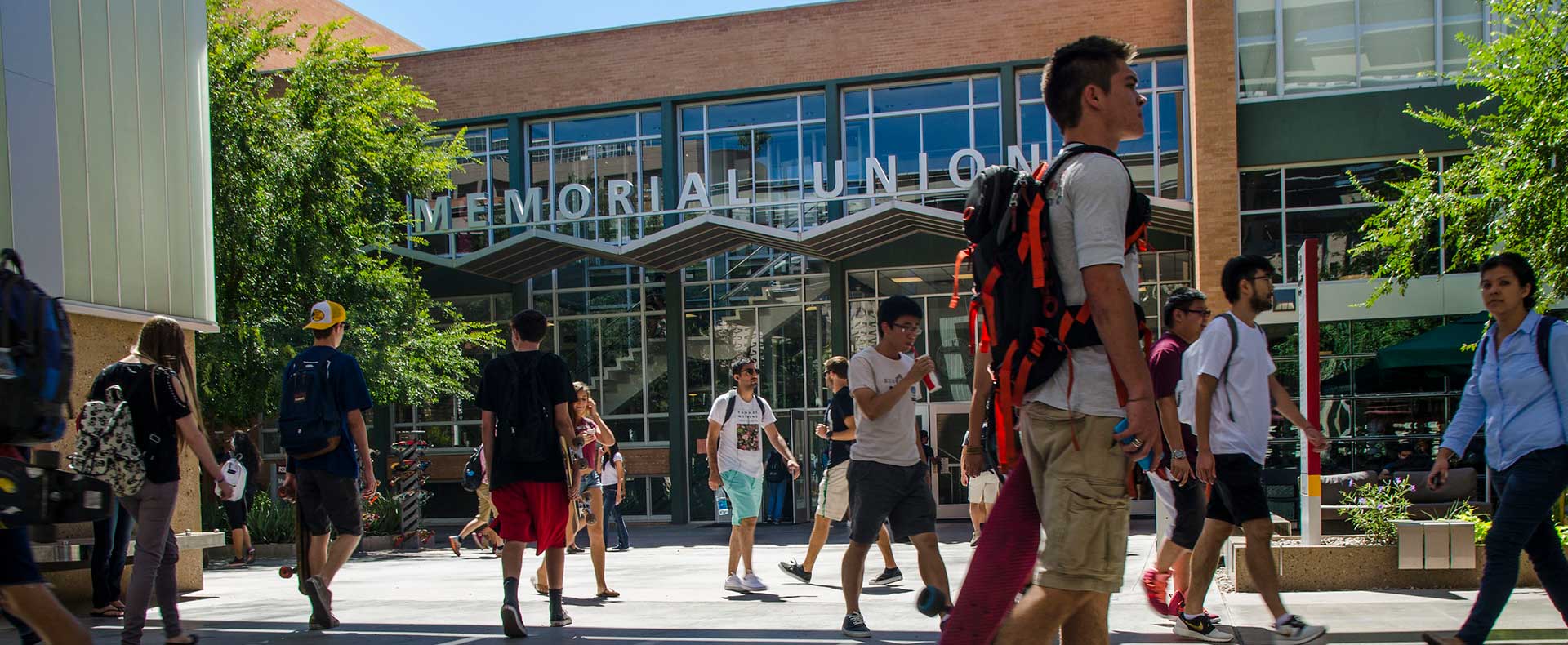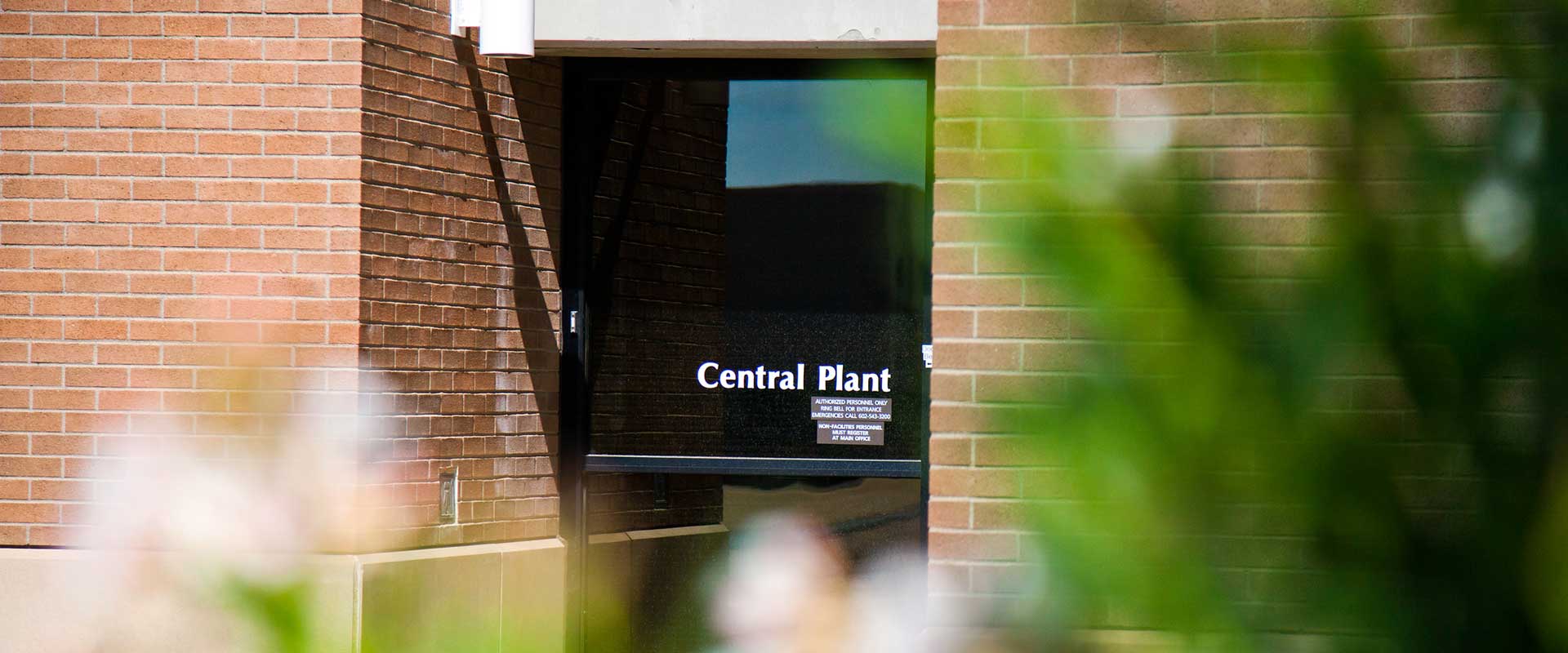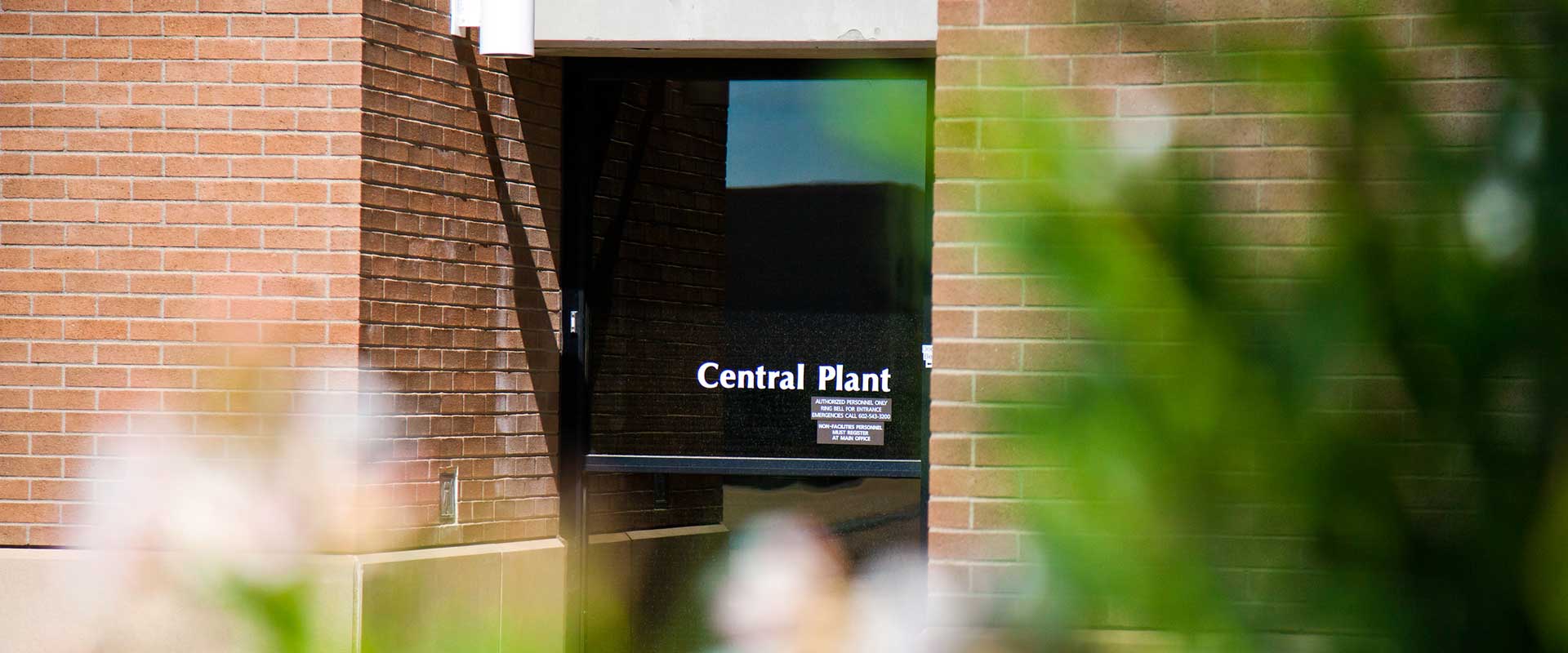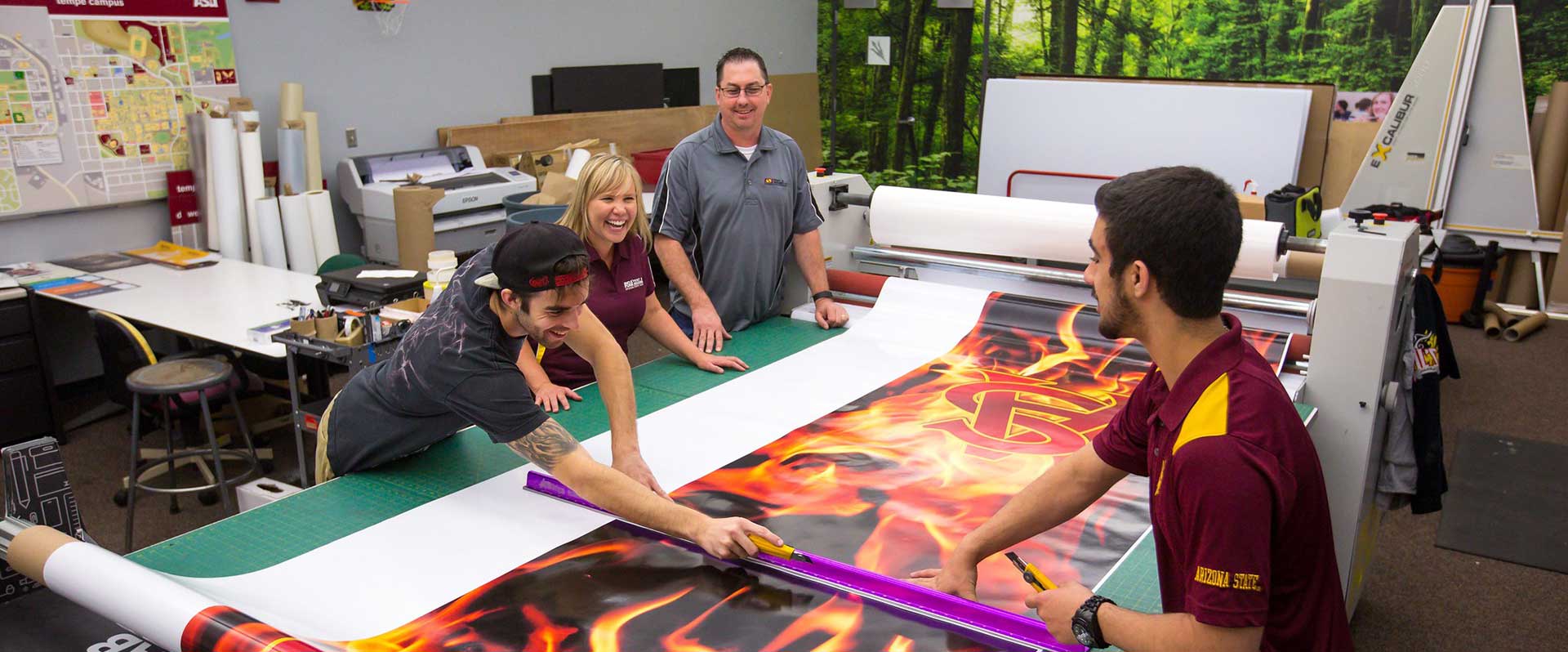Pervious parking lot: ASU Art Museum

Pervious parking lot: ASU Art Museum
Pervious pavement, which allows liquid and air to flow through it; so water passes through the pavement and flows directly into the earth below, unlike conventional asphalt and concrete surfaces. This pavement minimizes water pollution and recharges groundwater aquifers. Pervious pavement mitigates the urban heat island effect, a phenomenon that occurs when urban materials (such as conventional pavements and buildings) absorb and store heat and increase the ambient air temperature. Additionally, the surface facilitates vegetation health, because roots have access to the water that flows through the pavement. The pervious parking lot is located west of the ASU Art Museum, and was a National Center for Excellence in SMART Innovations for Urban Climate and Energy project.








